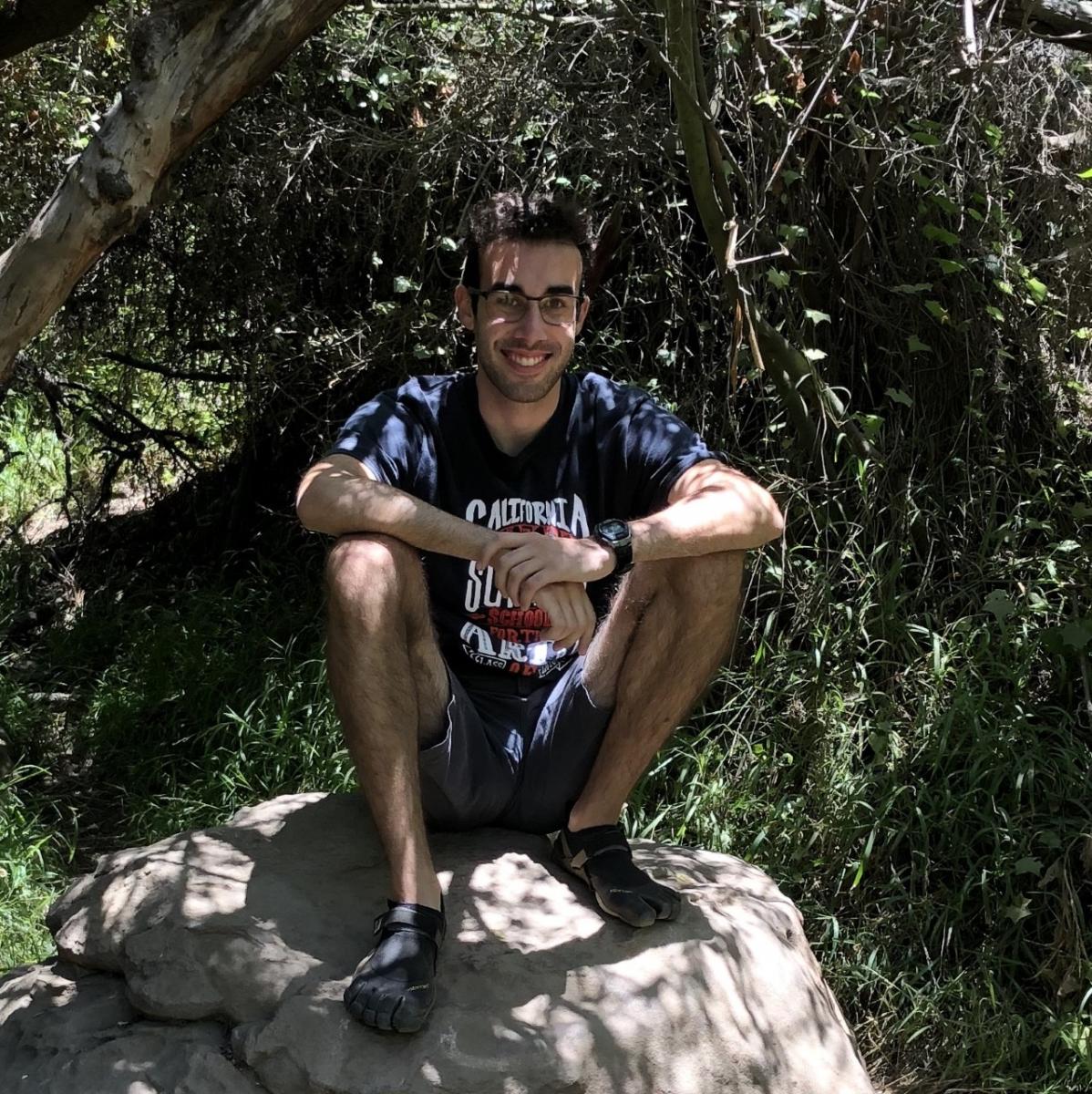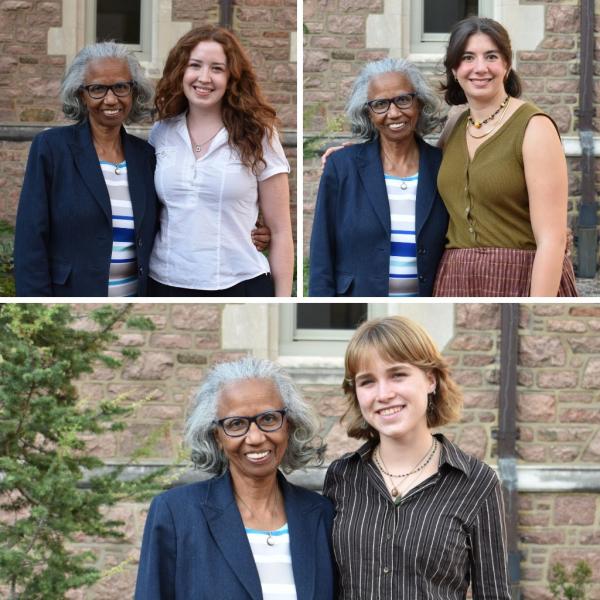Ahead of Undergraduate Research Week, junior Jonah Goldberg shares how direct conversations with faculty can lead to unexpected opportunities.
When it comes to finding research opportunities, Arts & Sciences faculty can be a wonderful and sometimes overlooked resource. As junior Jonah Goldberg shares in this essay, simply reaching out can open doors. To learn more about how to get started with research, leverage research for graduate school, and more, be sure to attend the upcoming Undergraduate Research Week hosted by the Office of Undergraduate Research. Attendees will also be able to hear from current undergraduate researchers about their projects.
Students are repeatedly encouraged to reach out to their professors, specifically for research opportunities or when we are waitlisted in a course. I don’t hesitate to echo this advice — I’ve had two professors open up additional seats in their classes, and my incredibly rewarding research experience during my sophomore year began with a cold email. While not every interest or request of mine has panned out, there is nothing to lose from asking, and every conversation I’ve opened has been helpful, although not always for the reason I imagined.

Last March, during the window when I knew I would not be traveling during the summer as I had planned, but not expecting a lockdown, I emailed four of my professors to ask if they knew anyone in my hometown of Los Angeles that I might be able to work with over the summer. Matt Barros put me in touch with a contact at UC Santa Cruz, although I ultimately couldn’t make a connection. John Baugh, remembering my interest in writing (I had only taken a linguistics course with him), pointed me to a freelance writing project. Pascal Boyer was unable to get a hold of a contact at UCLA, but a few weeks later, he forwarded me an email from Glenn Stone, looking for research assistants beginning in the summer and continuing into this school year. More wildly, as the pandemic worsened and WashU reorganized housing, I mentioned my sudden need to find new accommodations in St. Louis to Stone, simply to explain why I’d be putting in fewer hours of work that week. Stone happened to know a lead for housing, and I am currently staying there.
It’s the last three successful requests that made me want to share my experiences as an example for other students. While I am incredibly grateful to all of my professors for spending their time supporting me and taking into account my interests, it’s important to emphasize that these opportunities only came because I put myself out there beforehand. Baugh and Boyer wouldn’t have reached out to me with their work opportunities had I not previously told them I was looking for a research position, and Stone certainly wouldn’t have connected me to a housing option out of the blue.
There is so much to gain from reaching out to your professors. Their response may be limited by the many other demands on their time or any number of other factors, but I have found WashU faculty to be enthusiastic and understanding when a student comes to them. And the communications that don’t directly end in a new opportunity are still beneficial — Barros guiding me to the Santa Cruz linguistics department helped me solidify my specialized interests within my major, as had the conversations I had with several PNP professors during my first spring at WashU before choosing to work under Boyer. The people that make up this university are very giving; we just have to speak up and be visible before finding those opportunities to give or receive.


